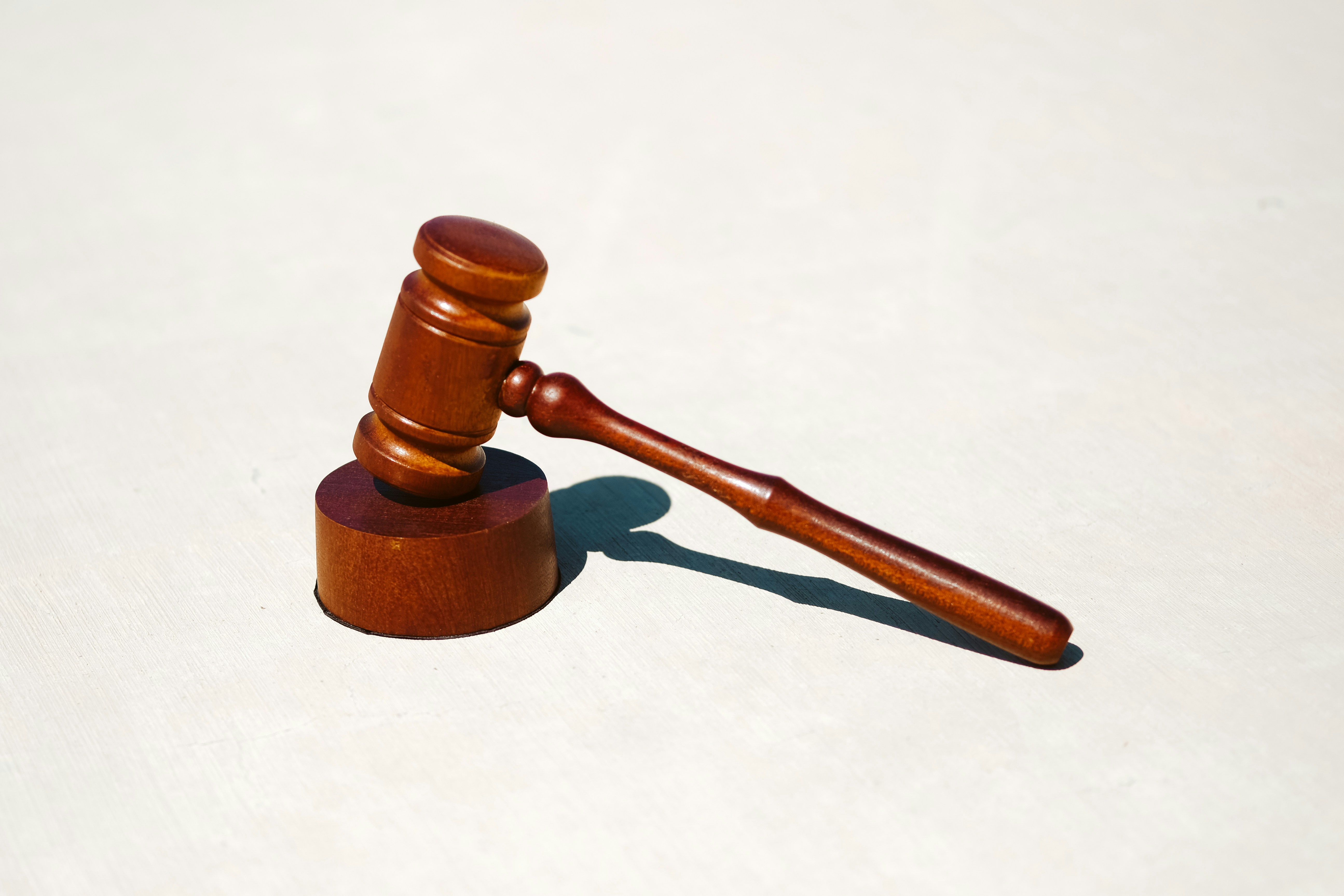Small businesses represent the owner’s dream of independence. Many small business owners are driven by a passion for their company’s focus or desire to control their careers. Starting a small business involves long hours and hard work, but entrepreneurs aren’t daunted by the work because — they work hard to make their dream come true. Despite the physical and emotional investment of business owners, one out of every five small businesses shut down during their first year of operation. Only half of all small businesses reach their fifth anniversary.
As a small business owner, you know the challenges owners face to build a business and make it thrive. Owners also face ongoing challenges from threats to their business. Using these tips can help protect your enterprise and ensure your company thrives for years to come.
Invest in a lawyer.

Business lawyers have extensive knowledge about local, state, and federal laws that apply to companies. These legal experts are also familiar with case law and strategies to protect their clients from expensive and time-consuming legal issues. Find a good business lawyer when you start your business. That way, you won’t be struggling to find an attorney if a severe legal issue should arise.
Be proactive about online threats.

Cybercrime is a threat to all companies. If hackers unlawfully access your website, they may access customer information, including addresses and credit card numbers. Investing in software to protect your website, cloud storage, and emails will protect you from breaches and prevent proprietary information from being accessed illegally.
Your business also faces potential threats from misinformation on the internet. It’s important to stay ahead of negative things that people may be saying about your business on the web. LifeRaft will scour the dark web, blogs, and social media sites to locate any harmful information posted about you, your company, or your employees. With LifeRaft, you can be confident you will be aware of any potential threats that could harm your operations and take appropriate action to neutralize those threats.
Take out insurance.
Your business will need several types of insurance, including liability insurance, workers’ compensation, and business owner’s insurance. Liability insurance will cover expenses from lawsuits. Workers’ compensation looks after employees injured on the job. Business owners’ insurance provides compensation if your business operations are disrupted and can compensate for income loss. You may also need auto insurance, health insurance, and life insurance. Talk to an insurance agent to assess your needs to ensure you have the coverage you need to protect your company.
Invest in a photo storage device that allows you to use the cloud for pictures and videos you need to secure. Photographs and videos of your workplace and operations can protect you from potential liability issues. If there’s an accident at your company, take photos and secure them for reference. They can be used to determine the cause of the accident and may protect you from false allegations. You can also use your photo storage device to secure marketing photos, promotional videos, and other visual content for your business operations. Having your entire photo library on a photo storage service that you can access from a mobile app on your smartphone is a great way to have peace of mind and be prepared for any insurance claims.
Learn to manage your money.
Insufficient funds are one of the primary reasons small businesses fail. Financial shortfalls can occur for several reasons. Your products may not be adequately priced, or you may have overlooked critical expenses when you created your operating budget. Invest in an accountant when you start your company. Great accountants can identify cost-saving measures you can take to ensure your company’s financial health. They may also identify sound investment strategies you can use to generate more revenue.
Consult professionals when making critical business decisions. Market research analysts specialize in identifying the demand for products and the appropriate audience for those items. They gather data to determine how much to charge to ensure sales. Operations research analysts collect and assess information to identify strategies for improving business operations. These experts can identify ways you can improve operational efficiency and save money.
Protect your assets.

Starting a business involves registering your company. If you operate a sole proprietorship, your assets are at risk if you have legal issues. Registering your business as an LLC (Limited Liability Corporation) will protect you from personal liability if your company is sued or goes bankrupt.
